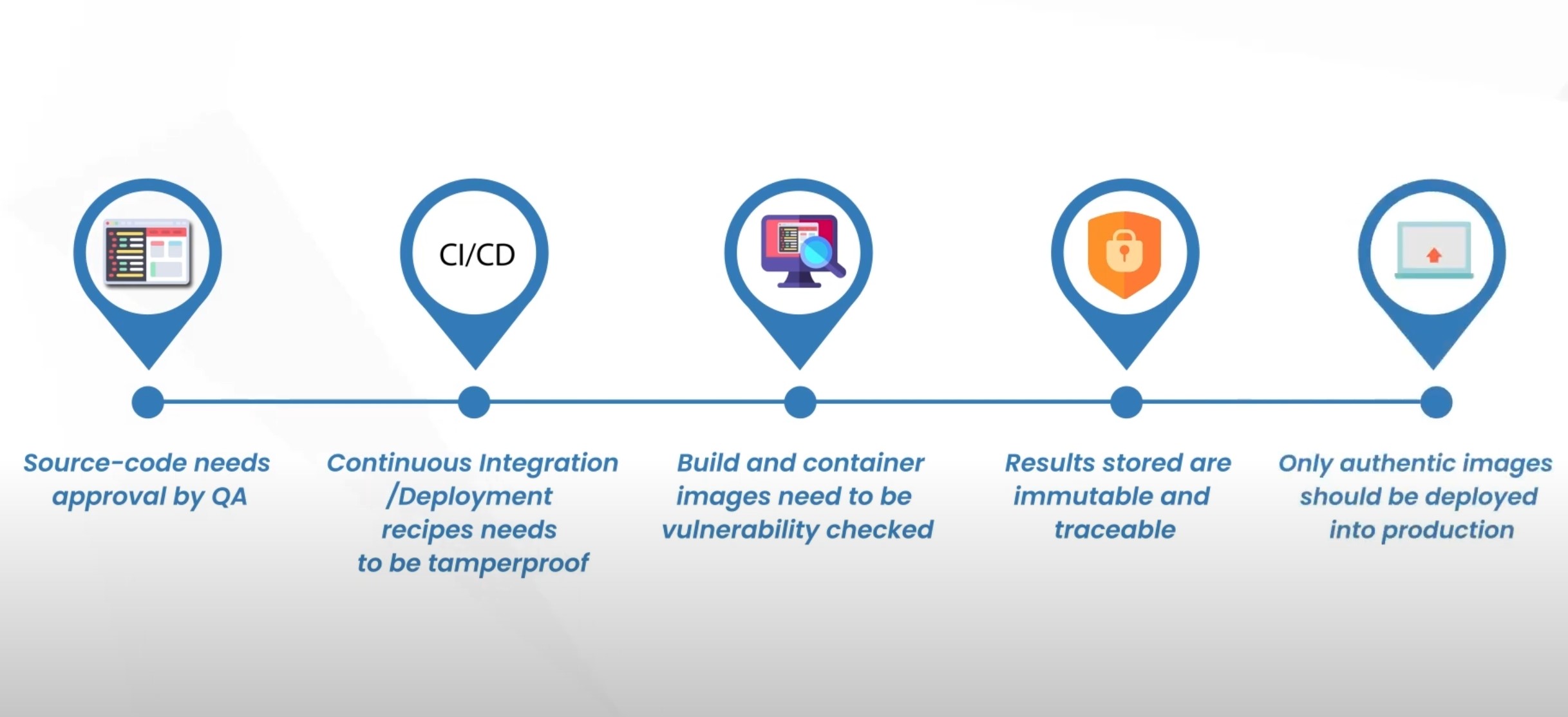Codenotary raises $12.5M Series B to secure software supply chains
Codenotary, a service that makes it easier for development teams to build transparent software supply chains (and also the company behind the popular open source immudb immutable database), today announced that it has raised a $12.5 million Series B round from new and existing investors like Bluwat, Elaia and others. This new round brings the company’s total funding to $18 million, including last July’s $5.5 million Series A round.
Founded by CEO Moshe Bar, who previously co-founded Qumranet, and CTO Dennis Zimmer, Codenotary helps people identify and track all of the components in their DevOps cycle. This means that when there is an attack on the supply chain or a vulnerability like Log4j, it’s far easier for a company to figure out where these libraries are being used and mitigate the potential blast radius. Because all of this sits on top of immudb, a ledger database that provides a tamper-evident history system (without any blockchain voodoo), users should be able to fully trust this information. After adding Codenotary to their software supply chain, the service automatically creates a bill of materials based on what it is seeing.
“Our mission is to make sure that we can trust the artifacts that we use in the development of applications throughout any organization, whether it’s open source or an internal enterprise organization,” Bar said. “When we started the company, we were looking for ways to make sure that the information that we store — about who worked on which artifact, when and how and what did they do to it — will be safe from tampering.” Since there was no database available at the time that fulfilled Codenotary’s requirement, the team wrote its own. Bar noted that immudb provides the same cryptographic verification you could get from a blockchain, but in the form of a far more performant database.
“Codenotary offers a solution which allows organizations to quickly identify and track all components in their DevOps cycle and therefore restore trust and integrity in all their myriad applications,” said Pascal Blum, senior partner at Bluwat AG in Switzerland, an early investor in Codenotary. “Combined with Codenotary’s leading immutable database, immudb, the company has achieved a leader position in this new market.”
The service currently has more than 100 customers and, while it is not able to disclose most of these names, the team noted that it includes some of the world’s largest banks.
According to Zimmer, most of Codenotary’s customers first implement the service in the software pipeline to be able to establish the provenance of their software from source to production. That customer base, he also noted, varies from small software development shops to large ERP companies, which often use the service to disclose the quality assurance work they put into a new release, for example, and to provide a bill of materials for external customers that use their software. As Bar added, it’s often financial organizations and government agencies that are at the forefront of thinking about these issues.
Codenotary plans to use the new funding to accelerate its product development and expand its marketing and sales worldwide.


